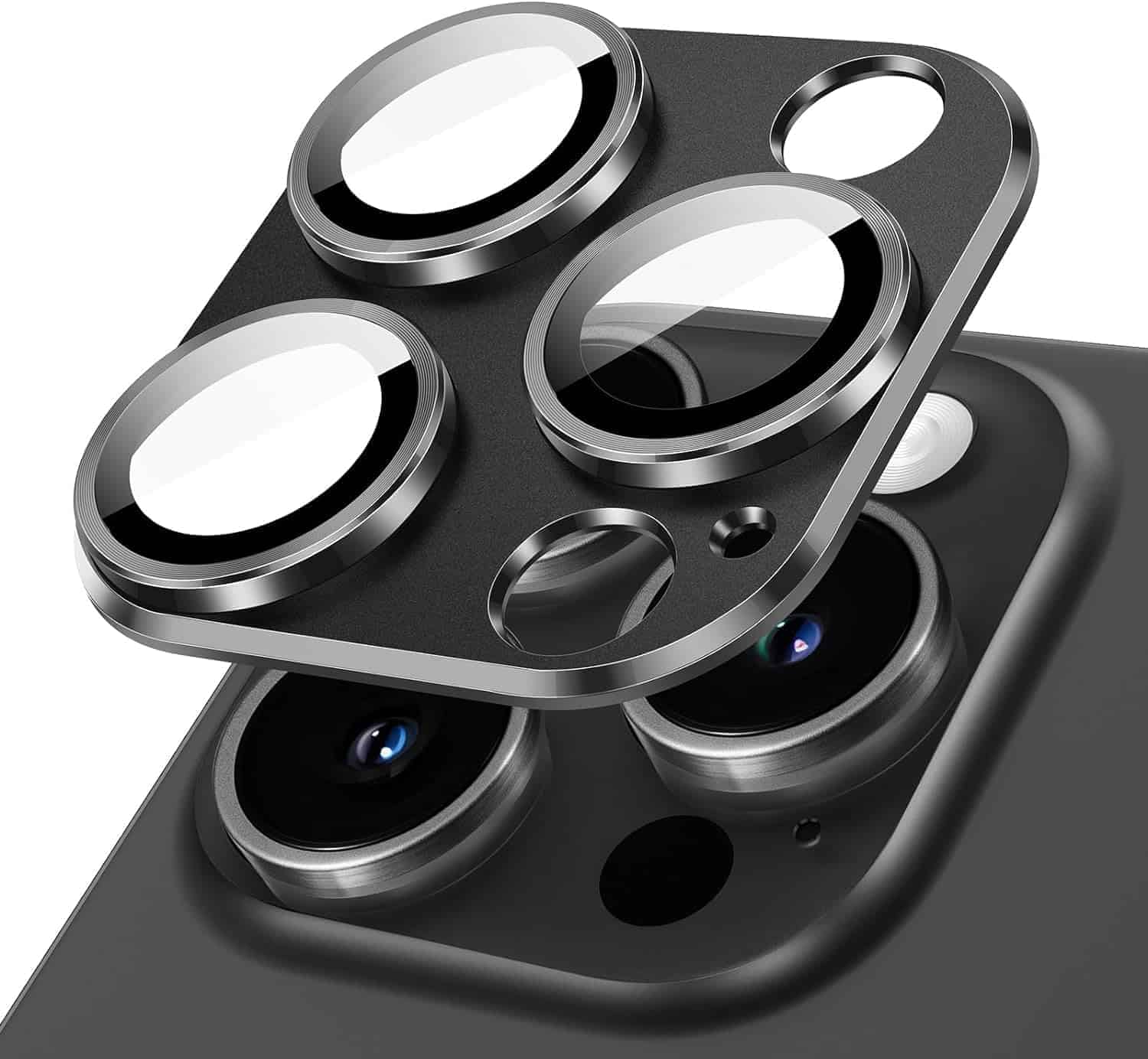Smartphone cameras have become one of the most important features of modern phones. With large sensors, multiple lenses, and advanced image processing, it’s no surprise that many users want to protect these delicate components. This has led to the popularity of phone camera lens protectors—small glass or plastic covers designed to shield camera lenses from damage. But do they actually work, and are they worth using?
What Are Phone Camera Lens Protectors?
Camera lens protectors are thin covers, usually made of tempered glass or plastic, that adhere directly over the camera lenses or the entire camera module. They are marketed as protection against:
- Scratches from keys, sand, or rough surfaces
- Cracks caused by drops or impacts
- Dust and debris buildup
Some are designed to cover each lens individually, while others cover the whole camera bump.
Do They Protect Against Scratches?
Yes—mostly.
Lens protectors are effective at preventing minor scratches, especially from everyday hazards like coins, keys, or grit in your pocket. While most smartphone camera lenses are already made from hardened glass (such as sapphire or Gorilla Glass), they are not completely scratch-proof.
A protector adds a sacrificial layer: if it gets scratched, it’s cheaper and easier to replace than the camera lens itself.
Verdict: Effective for scratch protection ✅
Do They Prevent Cracks or Shattering?
Sometimes, but not always.
In the event of a drop, a camera lens protector may absorb some impact and crack instead of the actual lens. However, they are thin and not designed to handle severe impacts on their own.
If the phone lands directly on the camera module at a bad angle, the protector may shatter without fully preventing damage to the lens underneath.
Verdict: Limited impact protection ⚠️
Do Lens Protectors Affect Camera Quality?
This is the biggest concern—and the answer depends on quality.
Potential Issues:
- Reduced sharpness if the glass is low quality
- Glare, reflections, or lens flare from extra glass layers
- Night photos may show halos or ghosting around lights
- Dust or fingerprints trapped underneath can blur images
High-quality protectors with anti-reflective coatings and precise cutouts tend to have minimal impact. Cheap protectors, however, can noticeably degrade photo and video quality.
Verdict: Can affect image quality if poorly made ⚠️
Are They Necessary Given Modern Phone Design?
Most modern smartphones already have:
- Scratch-resistant camera glass
- Raised camera bumps that reduce direct contact with surfaces
- Protective phone cases with camera lips
For many users, a good phone case alone is sufficient. Lens protectors become more useful if:
- You frequently place your phone on rough surfaces
- You work outdoors or in sandy/dusty environments
- You’re particularly rough on your phone
Pros and Cons at a Glance
✅ Pros
- Affordable and easy to replace
- Adds peace of mind
- Helps prevent minor scratches
- Useful in harsh environments
❌ Cons
- Can reduce image quality
- Limited impact protection
- May crack easily
- Can trap dust if not installed carefully
Final Verdict: Are Camera Lens Protectors Worth It?
Yes, but with conditions.
Phone camera lens protectors do work for scratch protection and light impacts, but they are not essential for everyone. If you choose to use one, invest in a high-quality, well-reviewed protector to avoid compromising photo quality.
For users who already have a sturdy case and handle their phone carefully, a lens protector may be unnecessary. For those who want extra peace of mind—or frequently expose their phone to rough conditions—it can be a worthwhile accessory.
In short: they help, but they’re not magic.







